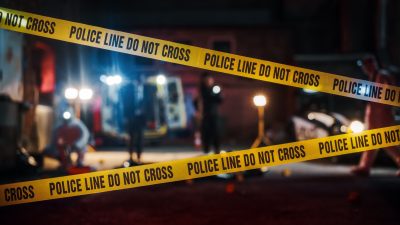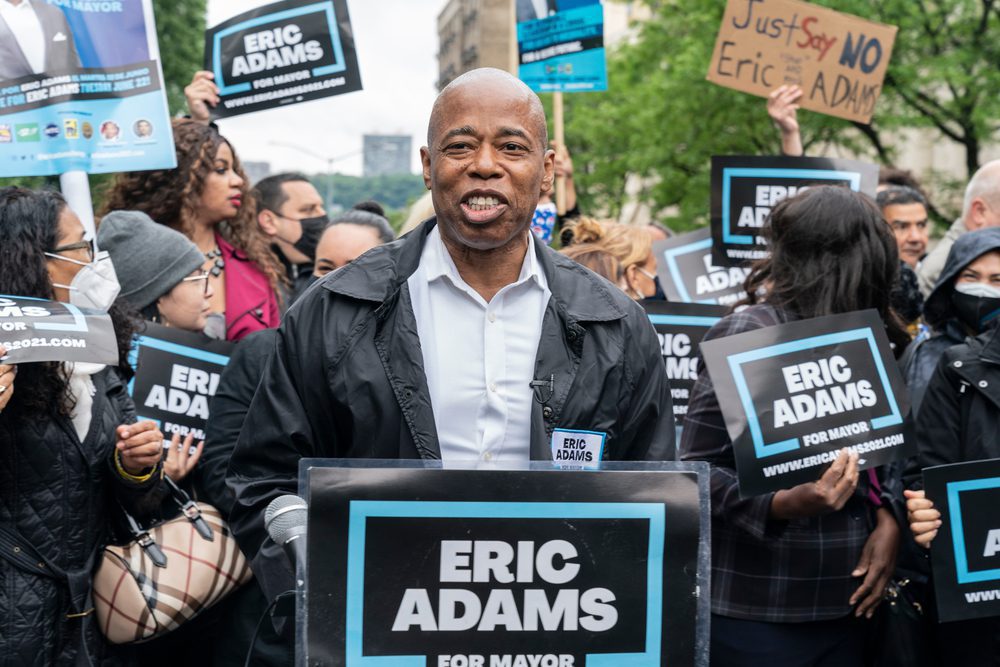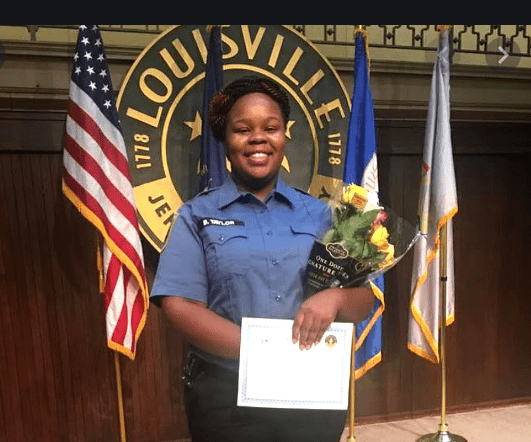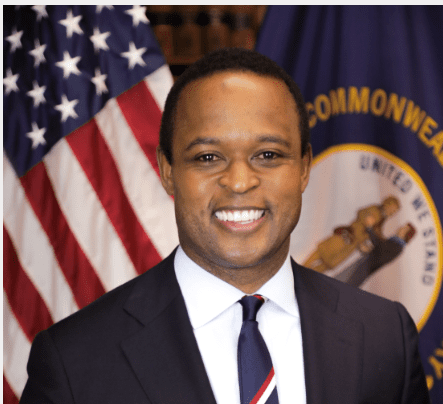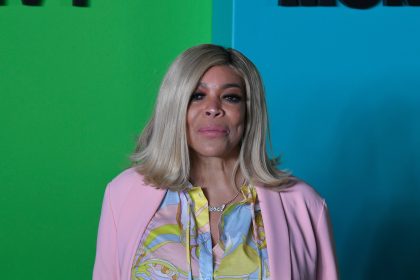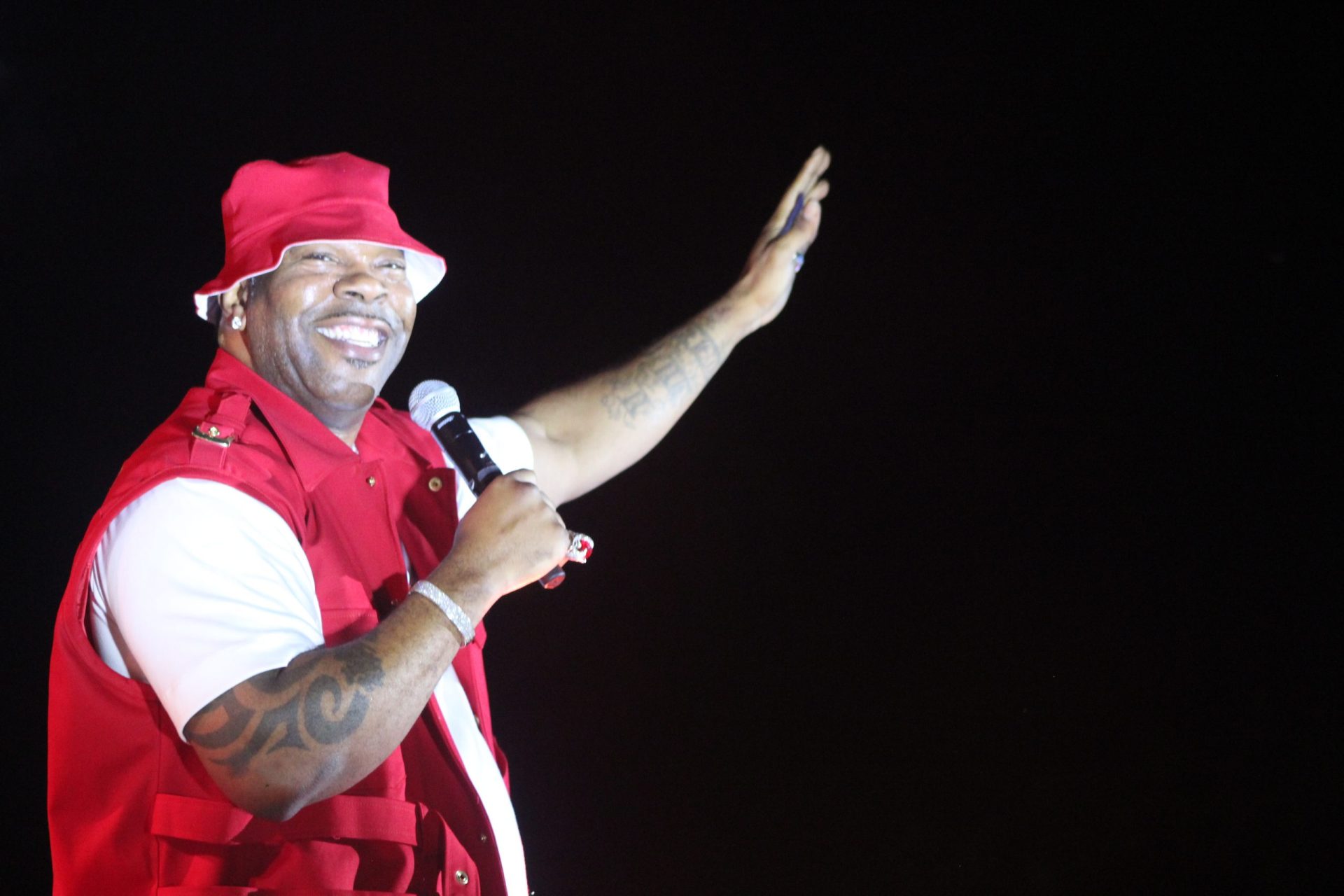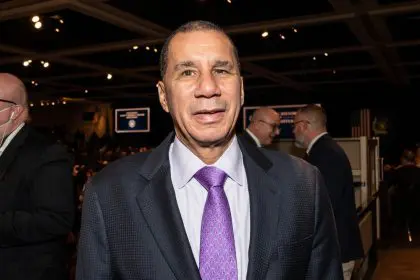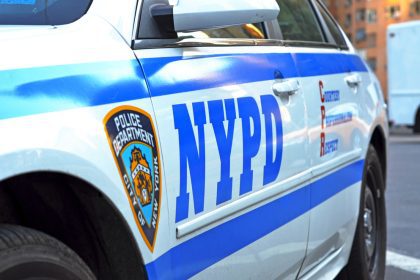
The summer of 2014 will go down in history as the summer of the murdered black man. It started with the death of Eric Garner and occurrences of police killing young black men continued. The reality of this continued cycle of police violence towards black men of color is ingrained within the fabric of America. The struggle to find justice when a black man is killed by police is elusive at best. This past week America saw Ferguson burn as a grand jury refused to indict Darren Wilson for the brutal killing of Michael Brown. Now the nation’s attention is turned to New York as a grand jury decides whether to indict the NYPD officer Daniel Pantaleo in the chokehold death of Eric Garner.
The entire event that led to the death of Garner was captured on cellphone video and uploaded to YouTube. His death caused outrage across the nation as the world heard him gasp, “I can’t breathe” as the life was being choked out of him by Pantaleo. The officer initially confronted Garner because he believed Garner was selling loose cigarettes on the street corner. Garner’s death led to widespread protest not only in New York but also in other inner cities plagued by police violence.
The New York grand jury heard from its last witnesses this past week and after almost five months of waiting the Garner family is hoping for justice. But the NYPD is also preparing for civil unrest in case the decision sparks violent protests. It has been reported and confirmed by media that elements of the NYPD were sent to Ferguson for intelligence gathering to identify “professional agitators” and share strategies on dealing with protesters. There is great concern that Pantaleo may not be indicted because of his use of an illegal chokehold. Pantaleo’s defense team and police union lawyers contend that he used an established takedown move taught by the police department and that Garner’s death was due to his poor health. However, the New York medical examiner ruled Garner’s death a homicide caused in part by the chokehold.
Like the Michael Brown death, the racial implications of a white cop and a black victim are present. But will the city of New York react the same way as the city of Ferguson if there is no grand jury indictment?

